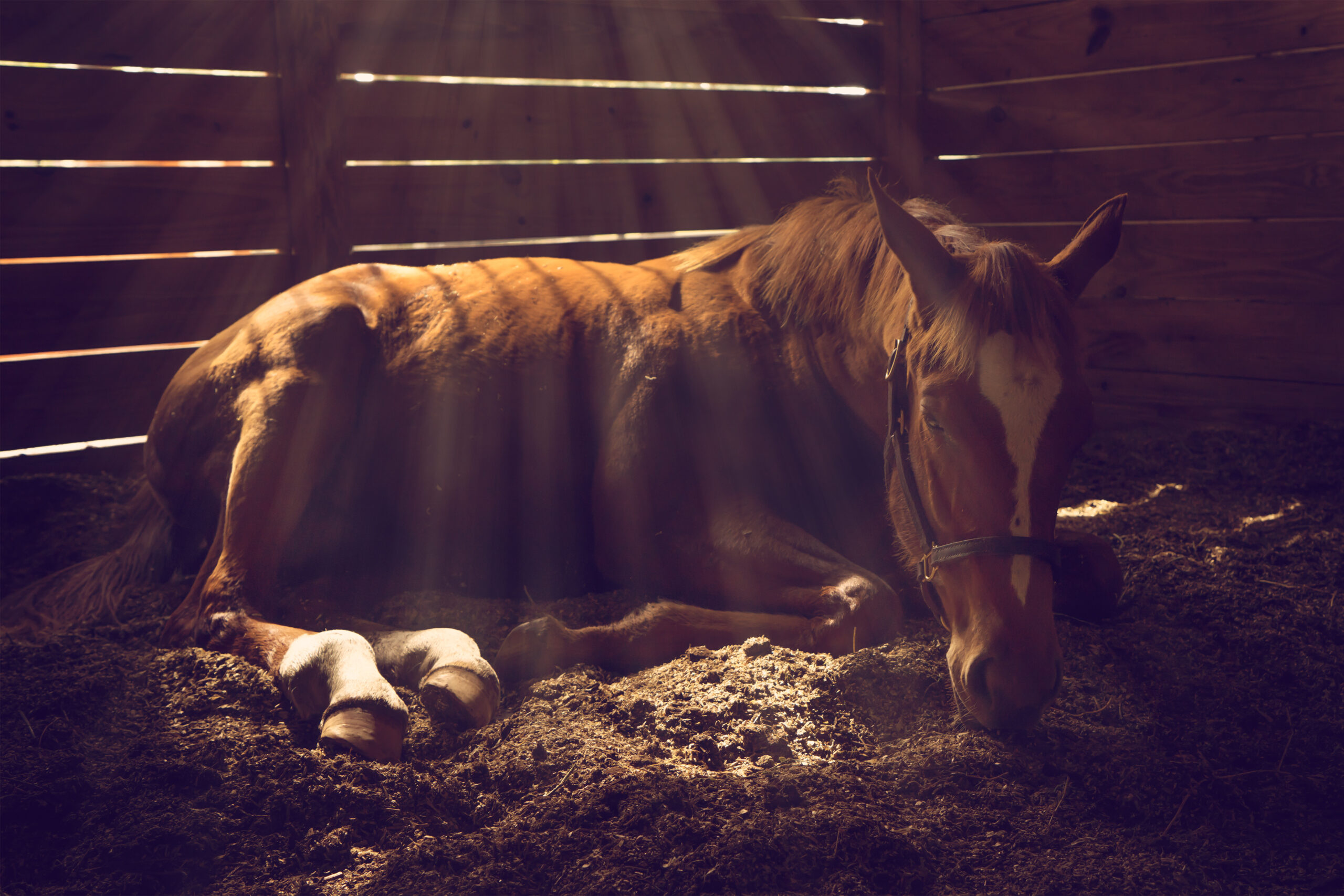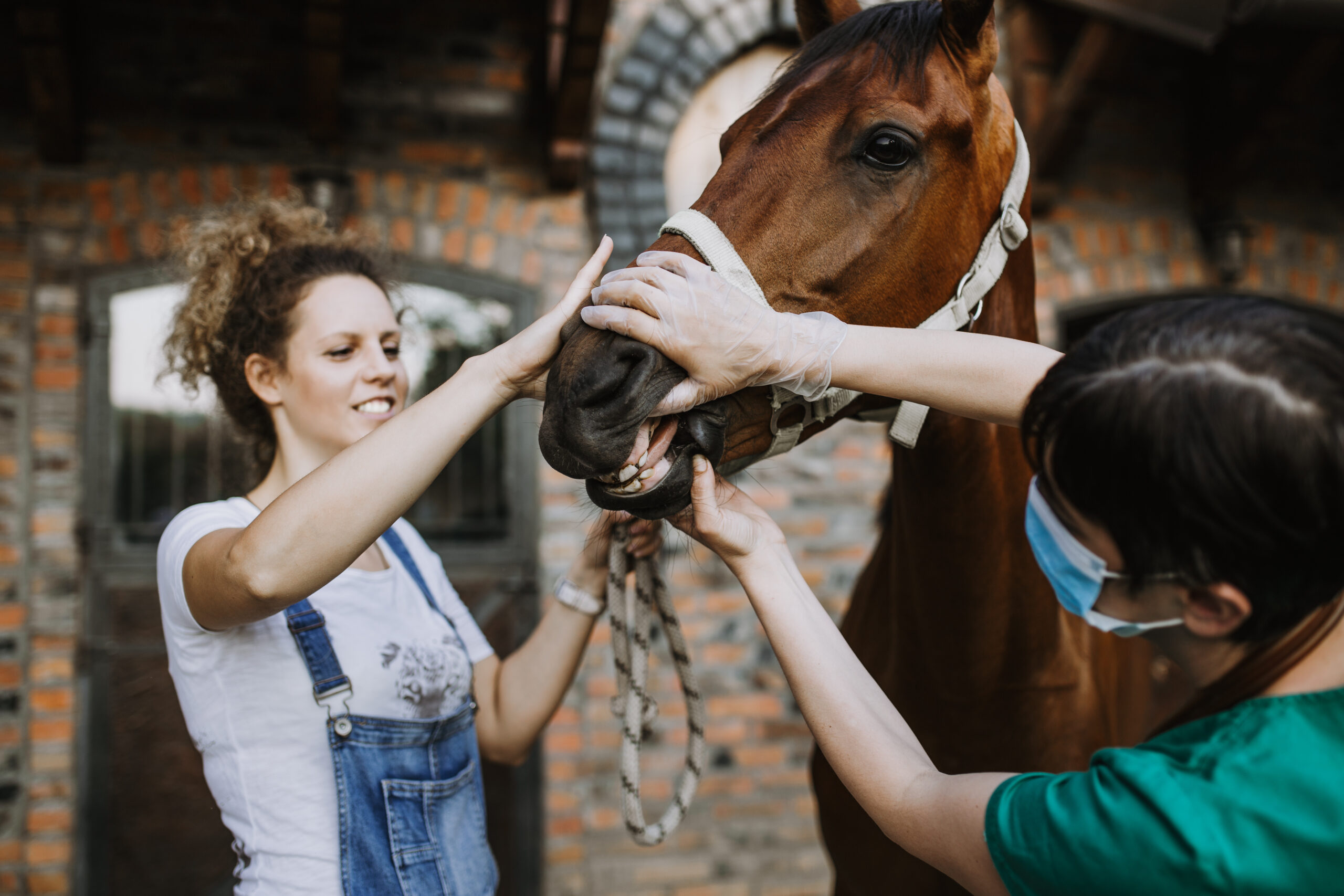
Albeit common, it’s said that horses are unique animal members of the equine family. They have different care requirements on top of the special needs that some species have.
Horses also have quite a distinct characteristic, being a type of animal that’s not just meant to stay on a farm but to help with heavy work and movement to compete in sports too. They do all of these while grazing and keeping their stomachs satisfied for long periods.
Those facets are only a few first things new horse owners must familiarize themselves with. Little by little and with the care of your trusted veterinarian, you’ll be able to get the hang of understanding the factors and stressors of your horse, beginning with simple diseases like colic prevention, to bigger issues, so you can take a proactive approach to keep your horse healthy and well.
By providing your horse with routine care and checks, you can help reduce their likelihood of getting sick with these common health conditions:
Arthritis
Arthritis is referred to as Degenerative Joint Disease as well. This is quite common in many animals, particularly human beings, dogs, and in this case, aging horses. Arthritis is characterized as a slowly developing disease with inflammation of the joint tissues and a wearing down of the joint cartilage. Depending on its effects, arthritis can be very painful for your horse.
If your horse is exhibiting these clinical signs, you may want to have it checked for a potential case of arthritis:
- Lameness;
- Stiffness; and
- Heat in the joints.
Because arthritis is caused by the wear and tear of muscles and cartilage, there isn’t any surefire way to prevent it. However, the likelihood of developing arthritis may be reduced through the following:
- Monitoring your horse’s weight so they don’t unnecessarily bring in too much pressure on the joints due to obesity;
- Giving your horse time to cool down after a long day at work, an exercise, or a sport;
- Avoiding surfaces that are too hard or too deep; and so on.

Equine Influenza Or Flu
Horse influenza is a highly contagious disease that, as is the case in human beings, appears very suddenly too. It may leave your horse in a very weak condition when not treated.
To reduce the chances of catching the flu, keep your horse updated with their vaccines which contain the most recent influenza strain. Moreover, keep their immune system strong with a healthy diet, as your veterinarian recommends.
Equine Neonatal Isoerythrolysis (Anemia In Newborn Foals)
As is the case in infants, newborn horses need a lot of extra care and attention too. Newborn horses are prone to quite a wide range of diseases, including equine neonatal isoerythrolysis or anemia. This blood disease usually manifests within the first days of birth.
The newborn horse develops anemia due to a discrepancy in the mare’s and foal’s blood, whereby the mare develops antibodies to the foal’s blood type. When the foal accidentally drinks the mare’s colostrum, those maternal antibodies against the foal’s blood type destroy the foal’s blood cells. This leads to many life-threatening blood diseases like anemia.
The good news is that prevention is often more successful than treatment, so there’s a lot you can do to protect your newborn horse from this. If you know the mare has had a blood transfusion in the past, do not allow any foals to nurse first within the first 48 hours of birth.
Atypical Myopathy (Sycamore Poisoning)
If you live in a local area with an abundance of sycamore, you have to be on your toes regarding the health and safety of your horses. Sycamore seeds and leaves that fall during autumn are potentially life-threatening to horses.
Ingesting such foods results in a disease known as atypical myopathy or sycamore poisoning. This is because sycamore’s seeds contain a toxin known as hypoglycin (HGA), which causes a slowing down of energy production in muscle cells. In the long run, it may affect the muscles and the heart as well, along with the muscles that help horses walk, stand, and breathe.
As scary as the prospect of your horse getting atypical myopathy is, there are a few things you can do to help minimize the risk of atypical myopathy in horses. These include:
- Testing for the presence of HGA, if such tests are available from your local veterinary clinic;
- Regularly check your land for any presence of sycamore seeds;
- Reducing the stock density;
- Preventing horses from grazing in lands with overhanging sycamore trees; and others.
Final Thoughts
Like other animal species, even horses with the best type of care and love can still suffer occasional bouts of health issues. Notwithstanding that, a good horse owner should be able to determine how to stay on top of those illnesses and what to do when they arise. Consult with your veterinarian to provide holistic care for your dear horse and to help you deal with the ailments listed above.
Leave a Reply